Although it may seem logical that a tiny amount of MDMA would be less risky than a larger quantity, evidence suggests that assumption might not hold true.
MDMA — often called ecstasy or molly — is a psychoactive stimulant. It was first created in the early 1900s for use in controlling bleeding. Its energizing and mood-altering properties later made it a staple of the 1980s rave and club cultures.
In 1985 the Drug Enforcement Administration (DEA) placed MDMA on the Schedule I list. Since then it has been banned in the United States for both recreational and routine medical use.
Recently, a trend has emerged of people microdosing psychedelics such as LSD and psilocybin (magic mushrooms). Microdosing typically involves ingesting about one-tenth of a conventional dose.
Proponents believe microdosing can provide certain benefits while minimizing undesirable side effects.
But is microdosing MDMA a thing? And if so, what hazards might it carry?
The effects of microdosing MDMA
There is substantial research on the effects of higher doses of MDMA, along with many personal accounts.
However, formal scientific investigation into microdosing MDMA has not been conducted. Consequently, there are no definitive data on the side effects of taking very small amounts of MDMA.
“Everything we have is anecdotal. It’s mostly speculation,” said Jennifer Mitchell, PhD, a professor of neurology and psychiatry and behavioral sciences at the Weill Institute for Neurosciences, University of California, San Francisco.
Still, studies that examined relatively low (but not micro) doses can offer clues about what microdosing might do.
For example, a sequence of trials sponsored by the Multidisciplinary Association for Psychedelic Studies (MAPS) administered varying amounts of MDMA to people with post-traumatic stress disorder (PTSD) across two sessions spaced a month apart.
Some participants received lower, though not micro, doses — 25 mg, 30 mg, or 40 mg — while others were given full doses of 75 mg, 100 mg, or 125 mg.
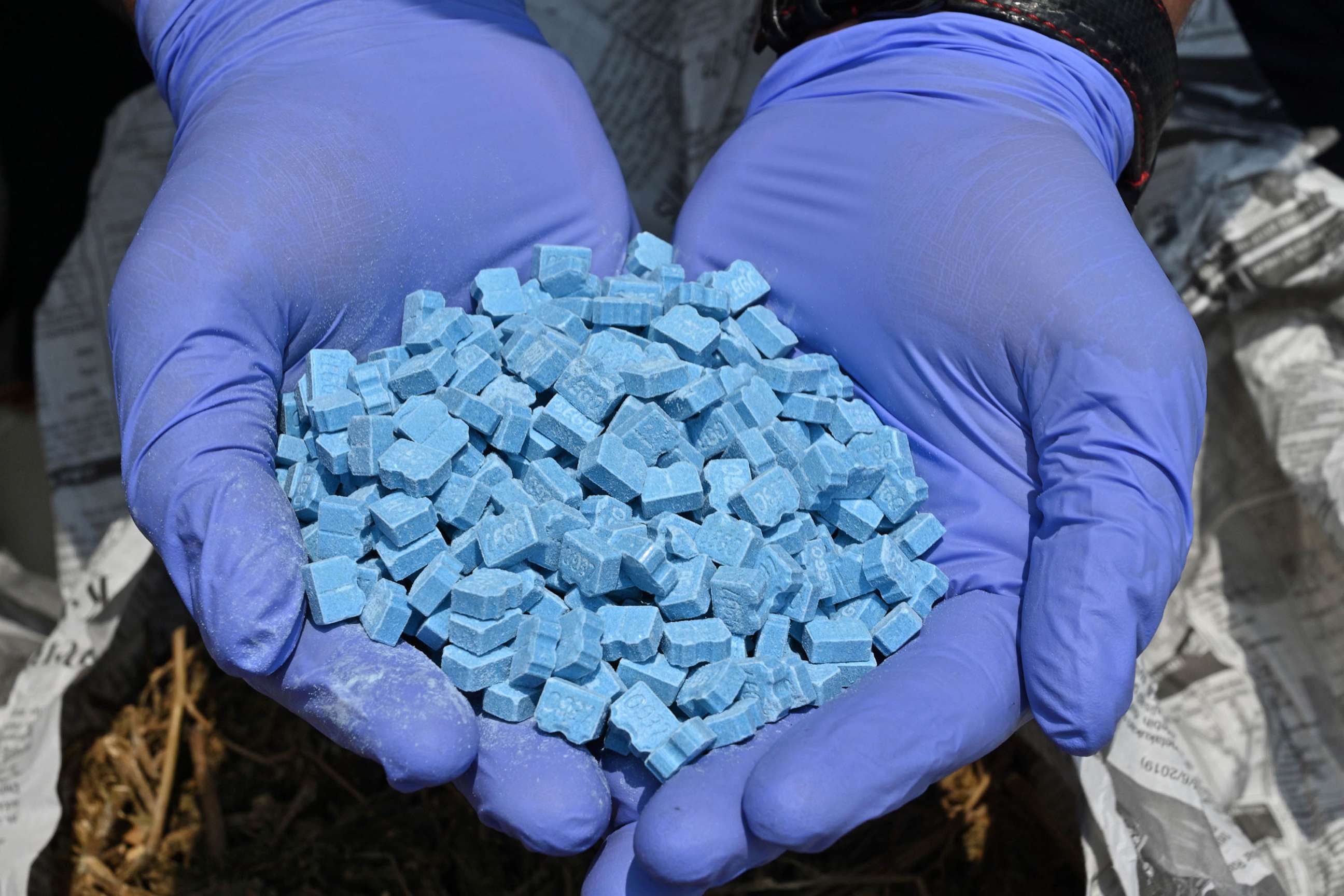
All dosing levels produced adverse effects. Those on the lower-dose regimens reported headaches and fatigue more often than participants on higher doses. Nausea, dizziness, and decreased appetite were also commonly noted.
A number of people on the lower doses experienced anxiety, which Mitchell said is not unexpected.
“Smaller quantities of MDMA can provoke anxiety,” she explained.
It’s also uncertain what repeated microdoses over a long period might do to the brain.
“MDMA has a reputation, deserved or not, as a neurotoxin at higher doses,” Mitchell said. “The worry is that tiny doses over time could accumulate effects and alter neural functioning.”
By definition, a microdose ought to be small enough to avoid producing noticeable perceptual or subjective effects, she added. “But the scientifically validated microdosing regimen for MDMA simply hasn’t been established.”
MDMA’s role in therapeutic settings
In the 1960s some clinicians experimented with MDMA for psychiatric use, but that practice ended once the drug became illegal. Now, interest is resurfacing.
Recent clinical work has examined MDMA’s potential to treat conditions like PTSD and severe anxiety, with researchers able to obtain special permissions to use the substance in controlled studies.
These clinical studies, however, use macrodoses — medium to high amounts — not microdoses.
MDMA as a PTSD treatment
For example, MAPS recently completed a large trial led by Mitchell.
In that study, people with PTSD were randomized to receive either placebo or MDMA at medium-to-high doses (80–180 mg) followed by a supplemental lower dose (40–60 mg) across three sessions spaced a month apart.
Each MDMA session was followed by a 90-minute psychotherapy session to process the experience.
Researchers observed a “significant” reduction in PTSD symptoms and related functional impairment among participants who received MDMA.
On the strength of these results, MAPS has filed for Food and Drug Administration (FDA) approval to use three macrodoses of MDMA together with therapy as a treatment regimen.
MAPS also reported that MDMA had a greater effect than selective serotonin reuptake inhibitors (SSRIs) in some measures.
“The application was submitted to the FDA in October, and the FDA has six months to respond,” Mitchell said.
If approved, MDMA could be recognized as an FDA-approved therapy by March 2024.
Importantly, such treatment would not involve self-administration at home: the drug would be given under clinical supervision.
A psychiatrist, psychologist, nurse practitioner, or family therapist would be involved, Mitchell emphasized. “These drugs won’t be taken at home,” she said.
Should MDMA gain approval, patients might wonder whether requesting lower-than-recommended doses would be reasonable. It isn’t, Mitchell advised.
“If we identify an effective dosing strategy, people should adhere to it and not experiment on their own,” she said.
Using MDMA to treat other mental health issues
PTSD is not the only condition where macrodoses of MDMA may be helpful.
In a small U.K. trial of 14 individuals with alcohol use disorder, participants received 187.5 mg of MDMA twice over an 8-week period, along with psychological support before, during, and after sessions.
No unanticipated adverse effects were reported, and nine months later the group’s average weekly alcohol intake fell from 130.6 units to 18.7 units.
Other studies suggest macrodoses of MDMA can reduce anxiety symptoms.
In one trial involving people with life-threatening illnesses who had anxiety, a single 125-mg dose of MDMA paired with therapy produced greater reductions in anxiety than placebo.
Another study enrolled 12 autistic adults who received either placebo or 75–125 mg of MDMA across two 8-hour psychotherapy sessions; those who received MDMA showed rapid and lasting improvement in social anxiety symptoms.
Again, it’s critical to note that these doses were administered in carefully controlled clinical environments. MDMA is not appropriate for unsupervised self-treatment.
Potential risks of MDMA use
Certain people should avoid MDMA entirely, even in medically supervised contexts.
“I would strongly discourage anyone with a family history of psychotic disorders from taking psychedelics,” Mitchell warned. “We don’t fully understand which circumstances or substances may trigger psychosis, but there is evidence they can.”
People with cardiovascular problems should also steer clear of MDMA. “We know these drugs raise blood pressure,” Mitchell said.
Additionally, many individuals with psychiatric diagnoses take prescription drugs such as SSRIs, and how these medications interact with MDMA remains unclear.
In Mitchell’s trial, participants on SSRIs tapered off those drugs before receiving MDMA — but further investigation into interactions is required.
“There are undoubtedly interactions we need to clarify before making clinical recommendations,” she said.
Takeaway
While some research has examined microdosing of psychedelics like psilocybin, no studies to date have rigorously assessed microdosing MDMA.
More research is necessary to determine MDMA’s effects across a range of doses.
Although clinical trials are exploring whether MDMA can treat mental health disorders, it remains illegal outside approved research or clinical programs in the United States.
It may be tempting to try MDMA at home to improve mental health, but MDMA and other psychedelics carry significant risks.
If you’re struggling with mental health concerns, seek help from a licensed mental health professional rather than attempting to self-medicate.

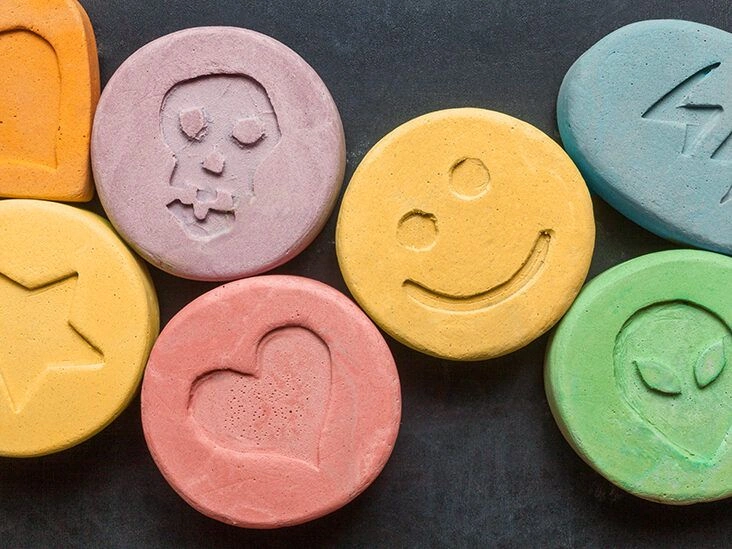
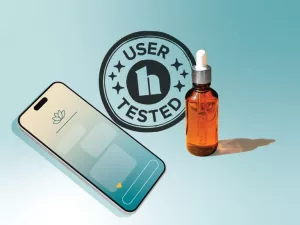







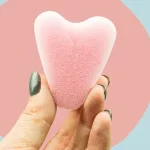

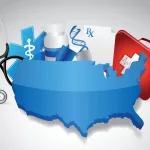



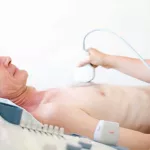
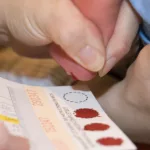






Leave a Reply
You must be logged in to post a comment.